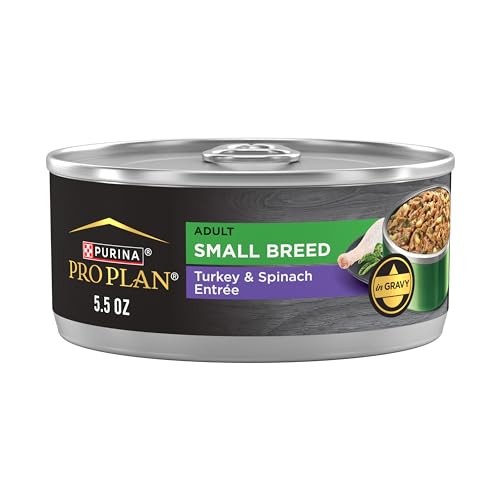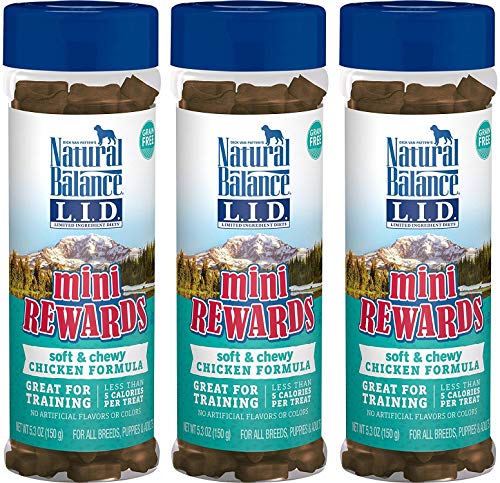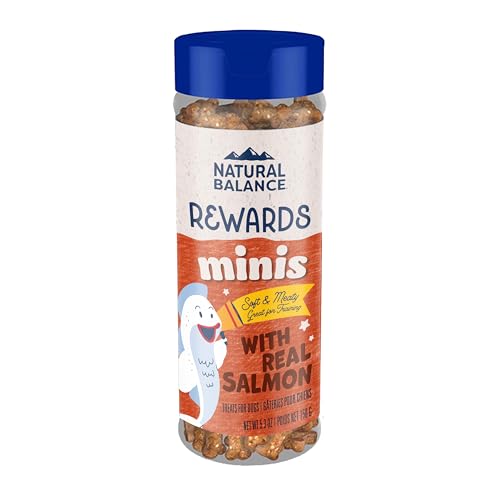Choosing the Best Food for Dogs
Choosing the best food for dogs is one of the most important decisions a pet owner can make. Dogs, like humans, need a well-balanced diet to stay healthy and active. A nutritious diet not only ensures their well-being but also extends their lifespan. Furthermore, In this article, we will explore top-rated dog food options and the science behind them, backed by .gov, .edu, and .org sources to help you make informed decisions.
Understanding Your Dog’s Nutritional Needs
Before diving into product recommendations, it is crucial to understand what constitutes a healthy dog diet. According to the U.S. Food and Drug Administration (FDA), dog food must contain a balance of protein, carbohydrates, fats, vitamins, and minerals. Furthermore, every dog’s needs vary depending on their age, breed, activity level, and health condition.
Furthermore, Puppies require higher protein and fat content to support their growth. On the other hand, senior dogs may benefit from lower-calorie diets with added joint support.
Key Ingredients to Look for in the Best Food for Dogs
To ensure you’re buying high-quality dog food, consider these essential components:
- Protein: Dogs are omnivores, but animal-based proteins such as chicken, beef, lamb, and fish are highly beneficial.
- Carbohydrates: Brown rice, sweet potatoes, and oats are healthy carb sources.
- Fats: Omega-3 and omega-6 fatty acids promote healthy skin and coat.
- Furthermore, Vitamins and Minerals: AAFCO-approved food ensures balanced nutrition.
The Association of American Feed Control Officials (AAFCO) provides guidelines for complete and balanced dog food formulations.
Best Food for Dogs: Dry Kibble Options
Dry kibble is convenient, economical, and shelf-stable. When choosing kibble, look for the AAFCO statement and avoid artificial additives. Below are top-rated products from Amazon and other trusted sources.
1. Blue Buffalo Life Protection Formula
Available on Amazon
Formulated with deboned chicken, brown rice, and vegetables, this brand is ideal for adult dogs. It’s also free from corn, wheat, and soy.
- REAL MEAT FIRST: This Blue Buffalo natural dry dog food is made with real, high-quality chicken as the #1 ingredient
- NUTRITION FOR SMALL BREED DOGS: This small breed senior dog food promotes joint health with Glucosamine and Chondroitin
- IMMUNE SYSTEM SUPPORT: This small breed dog food features exclusive antioxidant-rich LifeSource Bits
2. Hill’s Science Diet Adult Dog Food
Backed by Veterinary Professionals
Developed by veterinarians and nutritionists, Hill’s Science Diet supports heart, kidney, and bladder health. It’s also highly digestible.
Best Food for Dogs: Wet and Canned Varieties
Wet dog food offers higher moisture content, making it great for hydration and palatability. While it’s more expensive than dry kibble, many dogs prefer its texture and taste.
3. Purina Pro Plan Savor Adult Wet Dog Food
Available on Amazon
Rich in protein with real meat as the first ingredient, this formula supports immune and digestive health.
4. Royal Canin Veterinary Diet Gastrointestinal Low Fat
Recommended by Vets
Perfect for dogs with digestive issues or pancreatitis. Always consult your vet before switching to veterinary-specific diets.
Best Food for Dogs with Allergies or Sensitivities
If your dog experiences food allergies, you must be selective. Furthermore, Common allergens include beef, dairy, wheat, and chicken. Hypoallergenic or limited ingredient diets help eliminate triggers.
5. Natural Balance L.I.D. Limited Ingredient Diets
Available on Amazon
Grain-free and made with sweet potato and fish, this formula is ideal for dogs with sensitivities.
6. Hill’s Prescription Diet z/d
Backed by Clinical Studies
Furthermore, Veterinarian-recommended for dogs with severe allergies. This product requires a prescription and contains hydrolyzed protein.
Homemade vs. Commercial Dog Food: What Experts Say
Although homemade food can be customized, it must be carefully planned. According to Cornell University’s College of Veterinary Medicine, improper formulation can lead to nutrient deficiencies or imbalances.
If you choose to cook for your dog, consult a veterinary nutritionist and consider supplements to meet dietary requirements.
Tips for Transitioning to the Best Food for Dogs
Changing your dog’s diet too quickly may cause digestive upset. To avoid this, follow a 7-day transition plan:
- Days 1-2: 25% new food, 75% old food
- Days 3-4: 50% new, 50% old
- Days 5-6: 75% new, 25% old
- Furthermore, Day 7: 100% new food
Gradual transition supports gut health and reduces the risk of diarrhea or vomiting.
Best Food for Dogs Based on Life Stage
Puppies
Furthermore, Young dogs need food rich in DHA for brain development and calcium for growing bones.
- Recommended: Wellness Complete Health Puppy
Adult Dogs
Maintenance formulas support energy and organ function.
- Recommended: Nutro Wholesome Essentials Adult
Senior Dogs
Furthermore, Older pets benefit from added glucosamine, fewer calories, and easily digestible proteins.
- Recommended: Iams ProActive Health Mature Adult
What Veterinarians Say About the Best Food for Dogs
Furthermore, Dr. Lisa Freeman, DVM, a board-certified veterinary nutritionist at Tufts University, emphasizes that no single diet fits all dogs. In her Tufts Petfoodology blog, she explains that evidence-based, well-balanced commercial diets are often the safest choice for the average dog owner.
Furthermore, the National Research Council (NRC) provides scientific data on dog nutrient needs, further supporting these dietary guidelines.
Safety and Storage Tips
Proper storage of dog food is essential to maintain freshness and prevent contamination. The Centers for Disease Control and Prevention (CDC) advises:
- Store dry food in airtight containers.
- Check expiration dates.
- Furthermore, Wash food bowls regularly.
Always wash hands after handling pet food and avoid feeding expired products.
Conclusion: Choosing the Best Food for Dogs Requires Thoughtful Consideration
Ultimately, the best food for dogs depends on your dog’s unique needs, health conditions, and preferences. By consulting your veterinarian and referencing trusted sources such as .gov, .edu, .org, and Amazon, you can ensure your dog receives a safe, nutritious diet.
Whether you choose dry kibble, wet food, or a specialized prescription diet, always look for the AAFCO statement and consult professionals when needed. Furthermore, Dogs deserve the best, and their food plays a vital role in their happiness and health.







